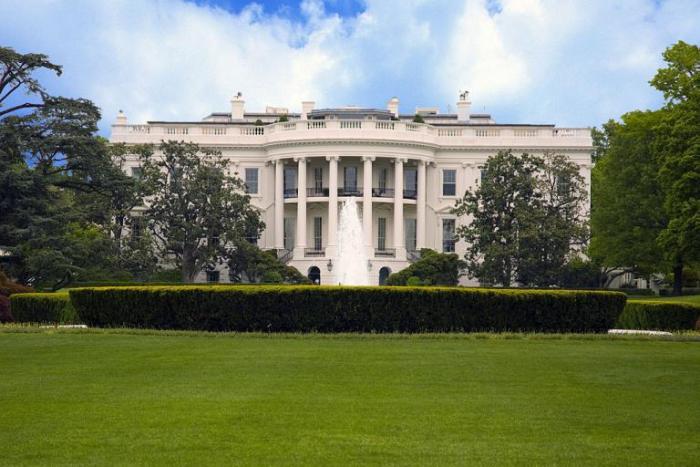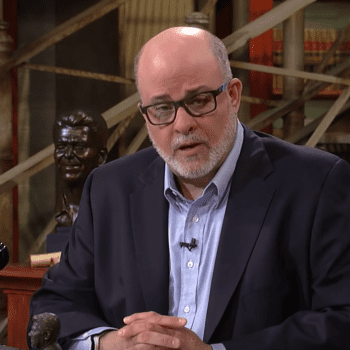
Congress is not only irresponsible with the federal budget; it’s schizophrenic. On March 23, Congress passed a $1.3 trillion omnibus spending bill, with spending hikes expected to raise the deficit over $1 trillion as soon as next year. Three weeks later, the House voted on a proposed constitutional amendment that would require Congress to balance the budget each year.
The proposal failed, naturally. But the American people should see it for what it was: a cry for help. Because the fact is, Congress needs us to impose effective fiscal restraints on Washington.
Beltway politicians won’t limit their own power. What we can see from this most recent irony (and a comparison of votes on the budget with votes on the balanced-budget amendment proposal) is that even those in Congress who recognize the desperate need to rein in spending can’t resist political pressures to keep the spend-fest going.
This is largely a bipartisan problem. Republicans used to be fiscal hawks, but today most of them can spend with the best of the liberals. The trouble is, every single penny in every spending bill has a constituency, whether it is studying shrimp on a treadmill, Swedish massage for rabbits, or synchronized swimming for sea monkeys.
If Congress were serious about becoming fiscally responsible, there are plenty of feasible steps it could take to move in that direction — measures that could actually pass with just a simple majority, rather than the supermajority vote required by Article V to propose constitutional amendments.
For instance, current federal accounting doesn’t even take into consideration spending that will happen more than 10 years from now. So how about a bill that forbids spending allocations beyond 10 years?
Or how about legislation requiring at least two weeks for members of Congress to study — or at least read — legislation before they vote on it?
But here’s the rub. Even if Congress did have the political fortitude to tighten its own belt, a balanced-budget amendment could not rescue the nation from the looming fiscal crisis. In fact, passing a balanced-budget amendment without other needed reforms would be like straining out a gnat only to swallow a camel; it would make the situation worse, rather than better.
Two little words tell us why: unfunded mandates. We all know that one of the feds’ favorite pastimes is foisting expensive rules, regulations and policies upon the states. Does anyone doubt that this practice would increase dramatically under a balanced-budget amendment? Congress can simply make its own budget look better by casting more of a burden on the budgets of our state and local governments.
Its other alternative, of course, is to raise our taxes. Having spent a long time in Congress, I can tell you that if you think cutting spending is the natural response to a balanced-budget requirement, you aren’t thinking like the average member of Congress.
A real solution to the federal fiscal insanity must go deeper than the parchment salve of a balanced budget. A real solution must restore meaningful limitations on the size, scope, and jurisdiction of the federal government, curtailing its ability to dabble in matters the Constitution does not delegate to it, but reserves to the states and the people. In short, we need to make the federal government look a lot more like the one laid out in the Constitution.
There is a path that will get us there. The only solution big enough to confront our federal problems is the tool for constitutional amendment provided to our state legislatures in Article V.
The time is now for the states to band together to pass the Convention of States resolution, which sets the agenda for a meeting of the states to draft proposed amendments that will impose fiscal restraints on Washington, limit its power and jurisdiction, and set term limits on federal officials. The beauty of this constitutional process is that we, the people, have the final say in approving proposed amendments. Only proposals that are ratified by three-fourths of the states — supported by an overwhelming majority of Americans — become part of the Constitution.
Let’s not waste any more time. Let’s heed the cries for help from our nation’s capitol.
The above was written by Senior Advisor to the Convention of States Project Sen. Tom Coburn and originally appeared on RealClearPolitics.com.










